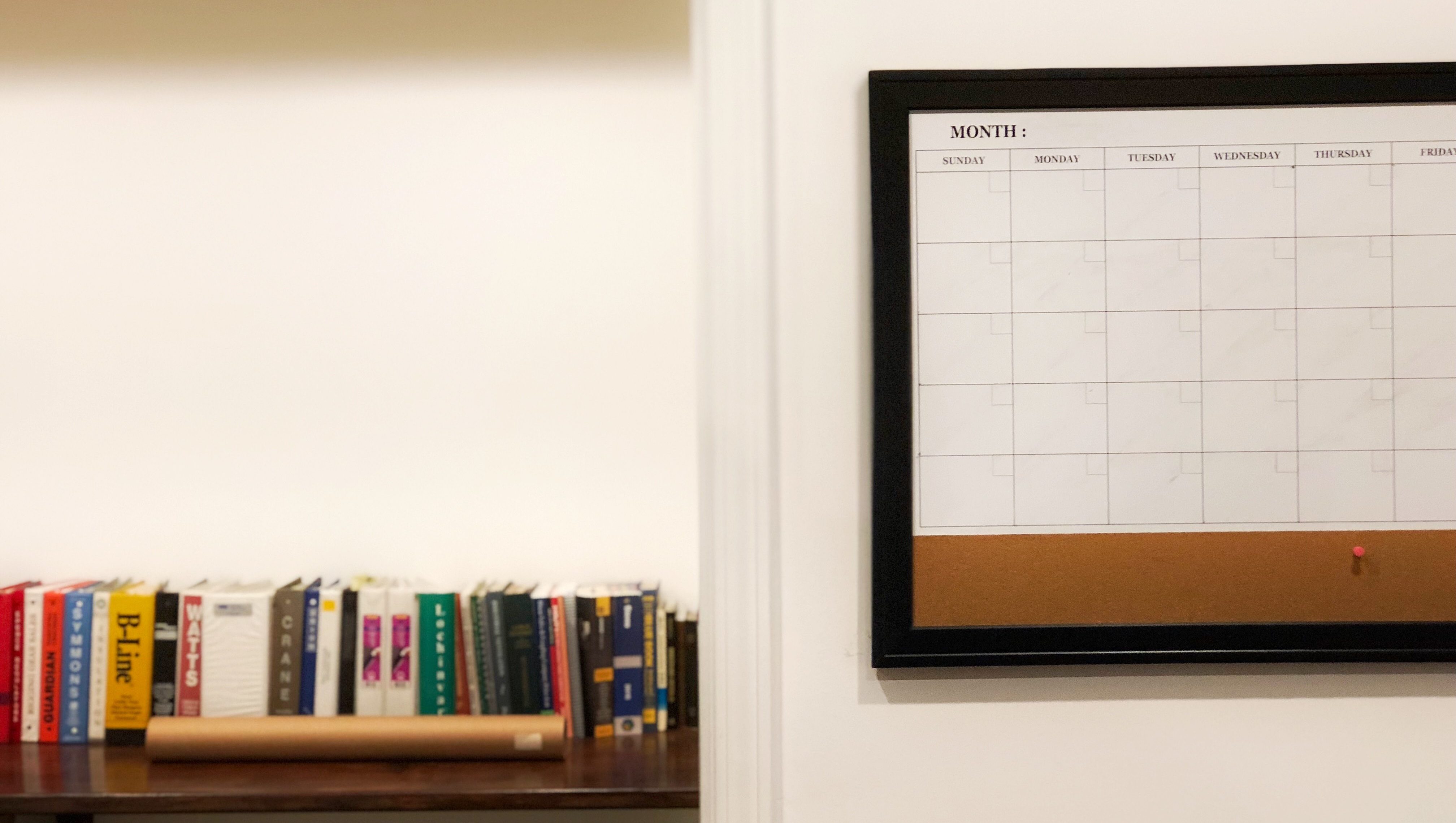Staying on schedule isn’t easy for anyone. There are always unforeseen circumstances that cause major or minor setbacks. Setbacks can cause timely and costly damage to your projects, so here a few tips to help you stay on schedule.
- Know your stuff
Knowing your project inside and out will allow you to accurately make a schedule that fits all of your needs. Reviewing your plans, drawings, and specs allows you to better prepare for when you get onsite. Laying out your job site beforehand for where materials will go and where equipment will be set up. Coordinating with any partners or subcontractors will allow everyone to be on the same page and ensure that there is no confusion or inconsistencies in contracts and job specifics. - Create a Master Schedule
Once you have a firm grip on the project specifics, you can create a master schedule. Using knowledge from past projects, you can lay out a schedule and break projects into phases, phases into tasks, and tasks into activities. From here you can divide the work among your teams and give out job specifics. When creating a timeline, you need to keep in mind what projects have prerequisites and what projects can be done at the same time as other projects. It’s also helpful to consider slack times when creating your master schedule. Your master schedule should have your goals and milestones mapped out for the entire project. - Have contingency plans
Identify all potential risks and plan for changes to keep the project on schedule. If you build slack time into your schedule, there is room to move tasks around if something gets delayed or falls behind. Having a plan in place for when this happens, you will be able to get control of issues before they get out of control and allowing you to stay on schedule. - Continuous Communication
Establish communication protocols for project managers to alert you when something is falling behind. Having a communication system in place allows problems to be reported to the right person so they will be fixed as soon as possible. More communication with your team and partnering companies also opens the communication for sharing expertise that you may not have and vice versa. Being able to communicate well will make your projects go smoother and build lasting relationships with your customers and partners. - Monitor Progress
Keep detailed daily reports and note when something is behind schedule and why. As you review the daily reports, you will be able to notice if something didn’t go as planned and you can plan to fix the issue and get back on schedule as soon as possible. Not only will you be able to catch issues that occur, but you will see situations where there could be a potential issue and squash the possibility before it happens. Reviewing progress is a good way to continuously plan. Plans sometimes need to change and it is always a good idea to be proactive about this.
Following these tips, you should see an improvement in your processes. Minimizing setbacks allows for profits to rise and costs to decrease. Planning for setbacks is the best way to mitigate risk in your projects, but no project is going to go perfectly and there will be things you did not plan for. It is always good to be prepared for whatever happens.
Midsouth Mechanical has been doing business for over 25 years. We offer our industrial clients efficient and cost-effective fabrication, modification, and repair of industrial equipment. From preventive plant maintenance, designing, installing and aligning machines, our exceptional skill and craftsmanship set us apart from the competition. Our number one priority day to day is safety. To see our published weekly Toolbox Talks, follow us on LinkedIn, Twitter, or Facebook.


